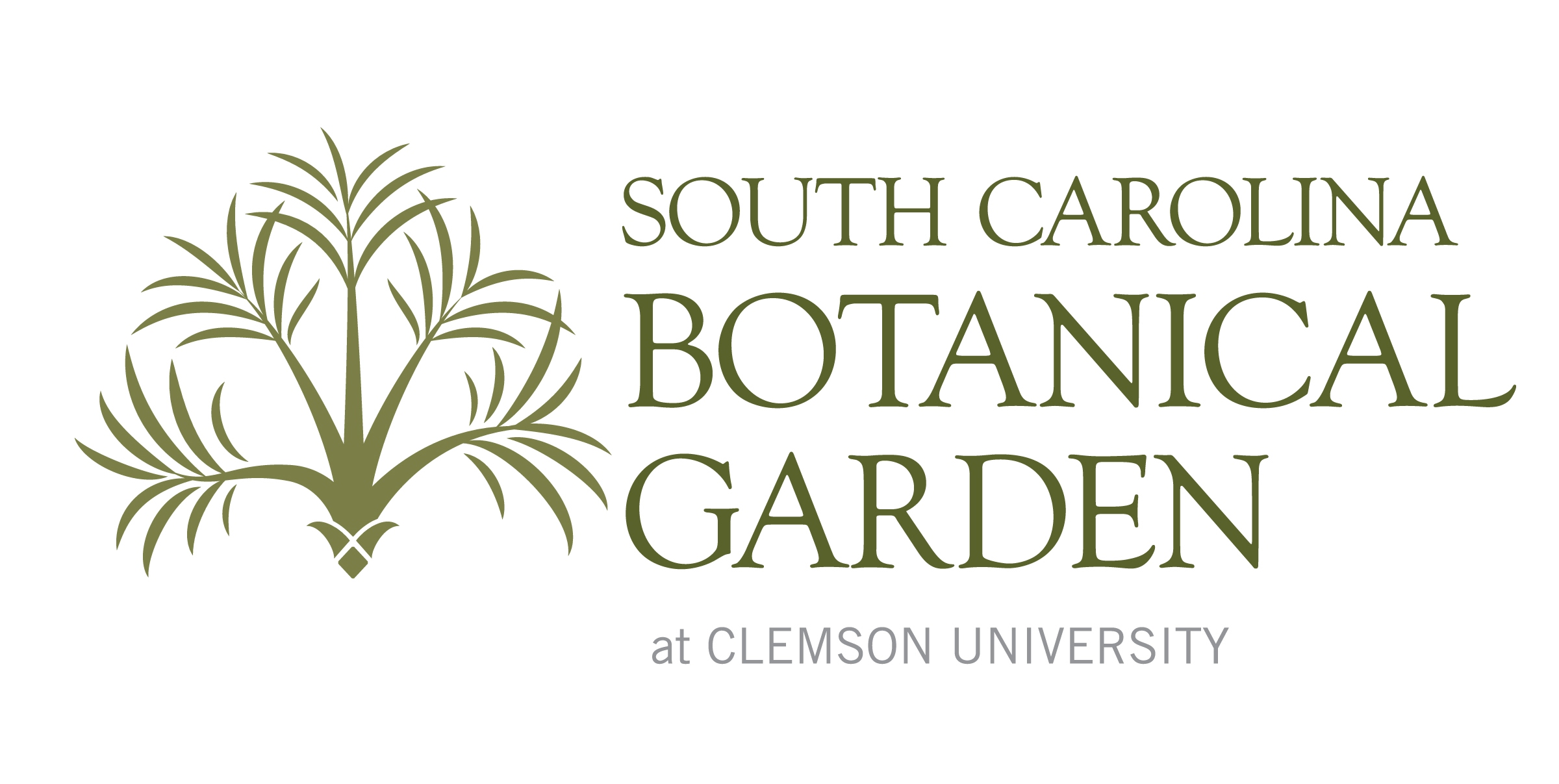Editor's Picks
Plant Focus
In the Sierra Juárez mountains in Oaxaca, Mexico, there are temperate and cloud forests considered to be the best preserved in Mexico. In these temperate forests we can find Quercus macdougallii, an oak microendemic to the Sierra Juárez, found at 2,600 to 3,100 m above sea level.

This oak is a dominant species of the forests where it grows. Also, we can find it in sites of spiritual significance for the indigenous communities of the region, Zapotecs and Chinantecs, such as churches or worship centers on mountain tops.

Quercus macdougallii was described in 1963 by Mexican botanist Maximino Martínez (1888–1964), who published the name in the Anales del Instituto de Biología de la Universidad Nacional de México (UNAM) in 1963. The epithet honors Thomas Baillie MacDougall (1895–1973), a Scottish horticulturist, botanist, and anthropologist with a passion for nature, who explored various regions of Oaxaca and collaborated with UNAM’s Instituto de Biología (Institute of Biology) by sending study material on this oak in 1959 and 1963.

This oak is known locally as Yaa dua yu (Zapotec) and ’Ma kue (Chinantec). It is the only oak from section Quercus (the White Oaks) that is endemic to the state of Oaxaca1. It can reach 30 m in height and usually has an arboreal habit, though a bushy habit has been observed in some individuals.

The leaves are variable in shape, denoting their high plasticity. The light young green leaves are leathery, oblong-elliptic, mucronate, and shiny above. The oak flowers in May and bears fruit in October.

Due to its restricted distribution and difficulties with germination and survival, this species is classified as Endangered according to the IUCN Red List. Ecological and genetic research is being carried out to support the implementation of conservation plans for the species. To this end, communities of Ixtlan, Comaltepec, and Yólox are collaborating with research teams of the Universidad de la Sierra Juárez (UNSIJ) and UNAM.

Photos © Nelly Pacheco Cruz
Further reading
Anacleto-Carmona, E. (2015). Abundancia y distribución de Quercus macdougallii (Fagaceae), especie endémica de la Sierra Juárez [Abundance and distribution of Quercus macdougallii (Fagaceae) endemic species of the Sierra Juárez, Oaxaca]. Tesis de Licenciatura [Bachelor's Thesis]. Universidad de la Sierra Juárez, Ixtlán de Juárez, Oaxaca, México.
Clark-Tapia, R., Mendoza-Ochoa, A., Aguirre-Hidalgo, V., Antúnez, P., Campos-Contreras, J.E., et al. (2018). Reproducción sexual de Quercus macdougallii, un encino endémico de la Sierra Juárez, Oaxaca [Sexual reproduction of Quercus macdougallii, an endemic oak from the Sierra Juárez, Oaxaca]. Madera y Bosques, 24(2).
Martínez M. (1963). Una especie nueva de Quercus. Anales del Instituto de Biología, Universidad Nacional Autónoma de México, Serie Botánica, México, 34:147-149.
Molina-Garay, C. (2011). Diversidad genética y estructura poblacional de Quercus macdougallii (Fagaceae) encino endémico de la Sierra Norte Oaxaca México [Genetic diversity and population structure of Quercus macdougallii, endemic oak from Oaxaca]. Tesis de Licenciatura [Bachelor's Thesis]. Universidad Nacional Autónoma de México, Tlalnepantla, Estado de México, México.
Pacheco-Cruz, N.J. (2019). Variación genómica y distribucion potencial de Quercus macdougallii Martínez, una especie endémca de Oaxaca [Genomic variation and potential distribution of Quercus macdougallii Martínez, an endemic species from Oaxaca]. Tesis de Maestría [Master's Thesis]. Universidad Nacional Autónoma de México, Tlalnepantla, Estado de México, México.
Pariona, N., Martínez, A.I., Hernandez-Flores, H., & Clark-Tapia, R. (2017). Effect of magnetite nanoparticles on the germination and early growth of Quercus macdougallii. Science of the Total Environment 575: 869-875.
Rico-Arce, M. D. L., Moreno-Gutiérrez, E., Núñez-Merchand, A., Colín-López, J. J., Muñoz-López, E., & Rodríguez, A. (2015). The botanical collections of Thomas Baillie MacDougall (1895-1973); a legacy for the biodiversity of Mexico. Botanical Sciences, 93(2): 191-201.
Romero-Rangel, S., Rojas-Zenteno, E.C., & Rubio-Licona, L.E. (2015). Encinos de México [Oaks of Mexico] (Quercus, Fagaceae) 100 especies (1a ed.). Universidad Nacional Autónoma de México. México.
Valencia, S.A. (2004). Diversidad del género Quercus (Fagaceae) en México [Diversity of the genus Quercus (Fagaceae) in Mexico]. Boletín de la Sociedad Botánica de México (75): 33-53.
1 Among the section Lobatae species found in the state of Oaxaca, there is one thought to be endemic: Q. mulleri, classified as Critically Endangered by IUCN (more detail here). It has been recently reported in Chiapas, but this has not yet been confirmed.

















